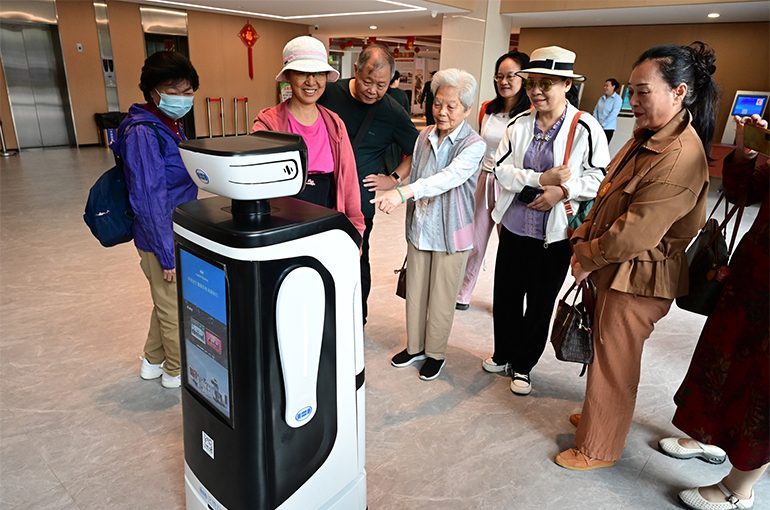 Chinese SOEs Spent Over USD138 Billion Annually on R&D in Past Two Years
Chinese SOEs Spent Over USD138 Billion Annually on R&D in Past Two Years(Yicai) Nov. 12 -- Firms controlled by China's central government have invested over CNY1 trillion (USD138.3 billion) annually in research and development over the past two years, advancing "new quality productive forces," according to a high-ranking official.
From January to September, central state-owned enterprises raised their investments in strategic emerging industries by nearly 18 percent year-on-year, comprising almost 40 percent of their total investments, stated Tan Zuojun, deputy director of the State-owned Assets Supervision and Administration Commission, during the 7th China Enterprise Forum.
The concept of "new quality productive forces," introduced by President Xi Jinping last year, refers to productivity driven by technological advancements and industrial transformation rather than traditional growth models. China currently has 98 SOEs in which SASAC acts as the state investor.
This year, central enterprises have ramped up their R&D efforts in fundamental and applied research, leading to the restructuring of key national laboratories. They are collaborating on over 1,000 projects with more than 500 universities, research institutions, local SOEs, and private companies, according to a report from the SASAC's research center.
Yang Jie, chairman of China Mobile Communications Group, said at the forum that the major wireless carrier is advancing its "artificial intelligence+" initiative. He added that next-generation information technologies, particularly AI, are now at the forefront of global technological competition and industrial upgrading. Looking forward, Yang highlighted that smart devices, connected vehicles, and robotics are set to become key products in the future consumer market.
Tan stated that the SASAC will guide central enterprises in aligning their industrial chains with these new productive forces, fostering the transformation and application of technological innovations. He also underscored the importance of deepening SOE reforms to drive innovation, stimulate the creation of new industries, and cultivate a favorable environment for updating business models and practices.
Editors: Tang Shihua, Emmi Laine